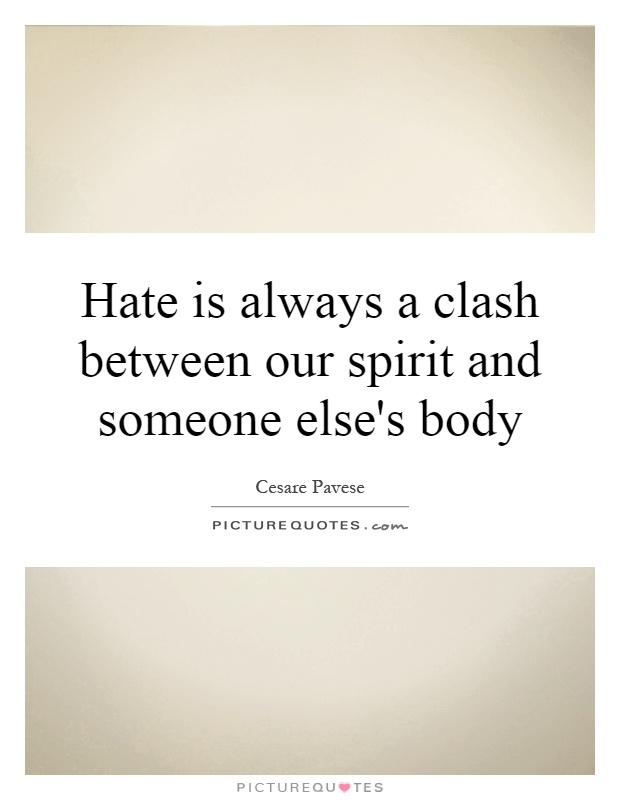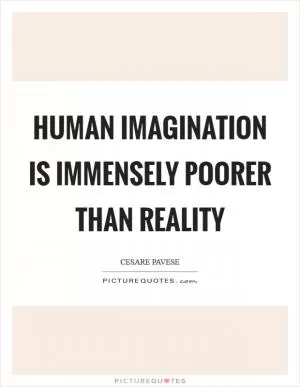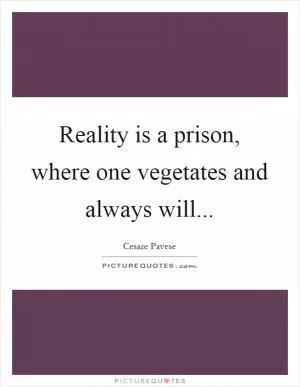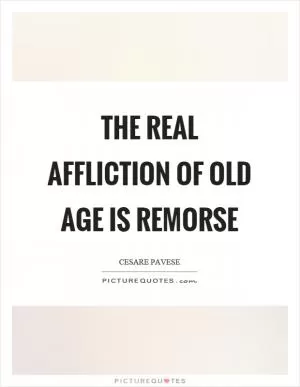Hate is always a clash between our spirit and someone else's body

Hate is always a clash between our spirit and someone else's body
Cesare Pavese, an Italian writer and poet, explored the complexities of human emotions and relationships in his works. One of the themes that Pavese often delved into was the concept of hate and its impact on individuals. In his writing, Pavese suggested that hate is not just a feeling or emotion, but rather a clash between one's spirit and another person's body.When we think of hate, we often associate it with negative emotions and feelings towards someone or something. However, Pavese's perspective on hate goes beyond just surface-level emotions. He believed that hate is a deep-rooted conflict that arises when our innermost selves clash with the physical presence of another individual. In other words, hate is not just a reaction to someone's actions or words, but a clash between our innermost beliefs, values, and desires and the physical embodiment of another person.
This idea of hate as a clash between spirit and body can be seen in many of Pavese's works, where characters grapple with intense feelings of animosity towards others. In his novel "The Moon and the Bonfires," for example, the protagonist, a man returning to his hometown after years of exile, is consumed by hatred towards the people who betrayed him. This hatred is not just a result of their actions, but a clash between his sense of self and their physical presence in his life.
Pavese's exploration of hate as a clash between spirit and body also speaks to the deeper psychological and emotional complexities of human relationships. Hate is not just a simple emotion that can be easily explained or rationalized; it is a complex interplay of our innermost selves and the external world. By delving into this concept, Pavese challenges us to look beyond the surface of our emotions and consider the deeper, more profound conflicts that underlie our feelings of hate towards others.












 Friendship Quotes
Friendship Quotes Love Quotes
Love Quotes Life Quotes
Life Quotes Funny Quotes
Funny Quotes Motivational Quotes
Motivational Quotes Inspirational Quotes
Inspirational Quotes